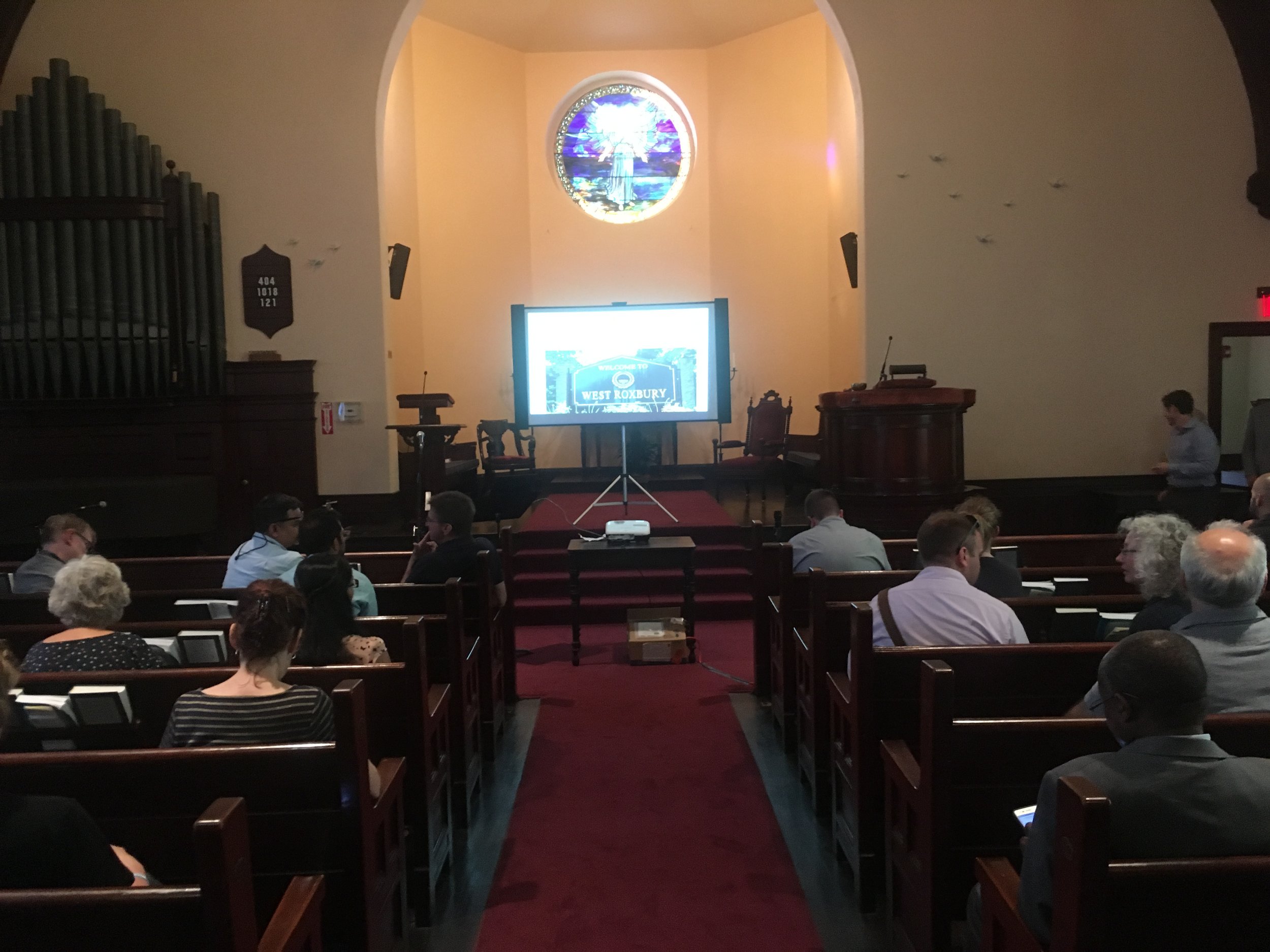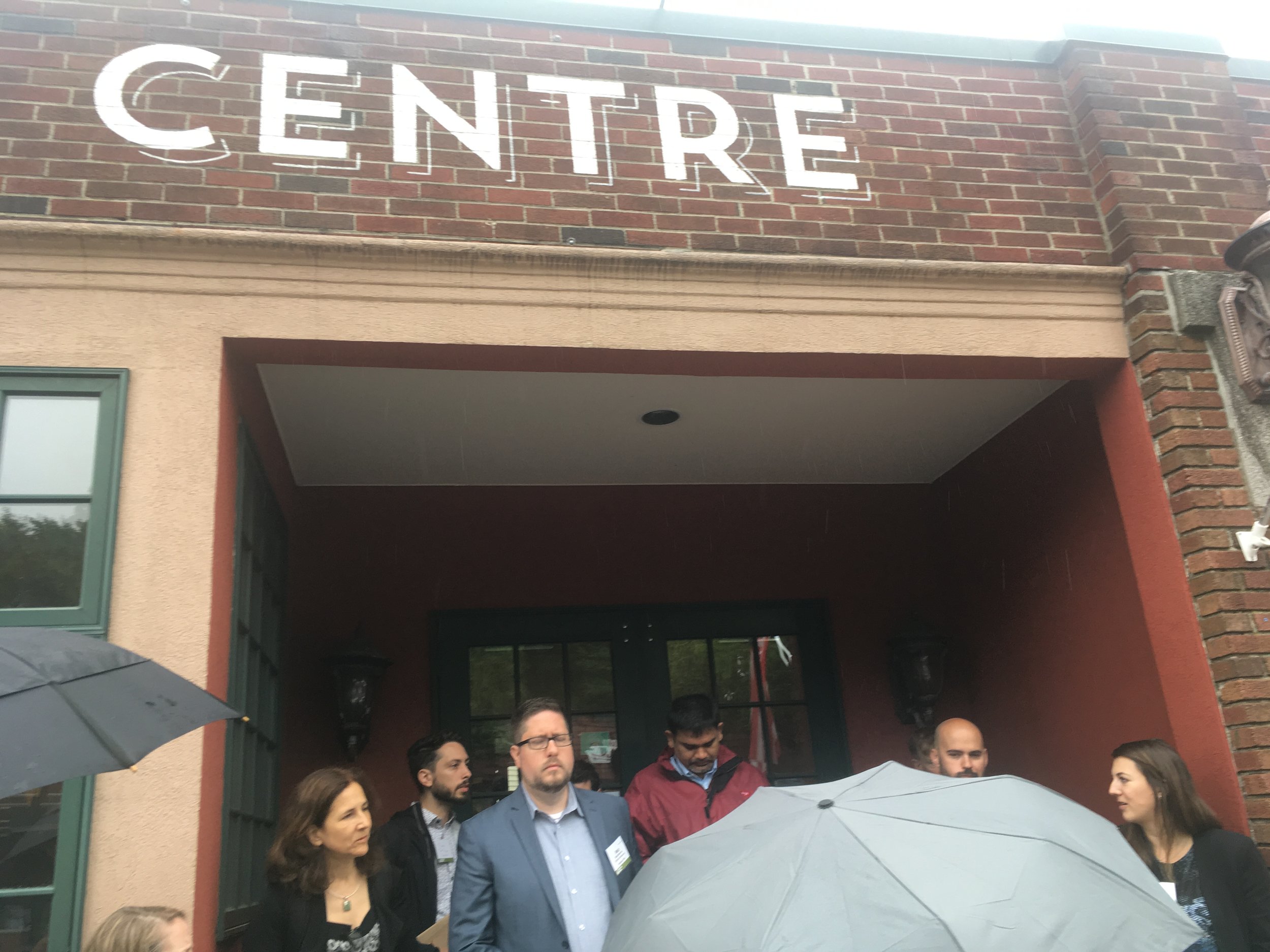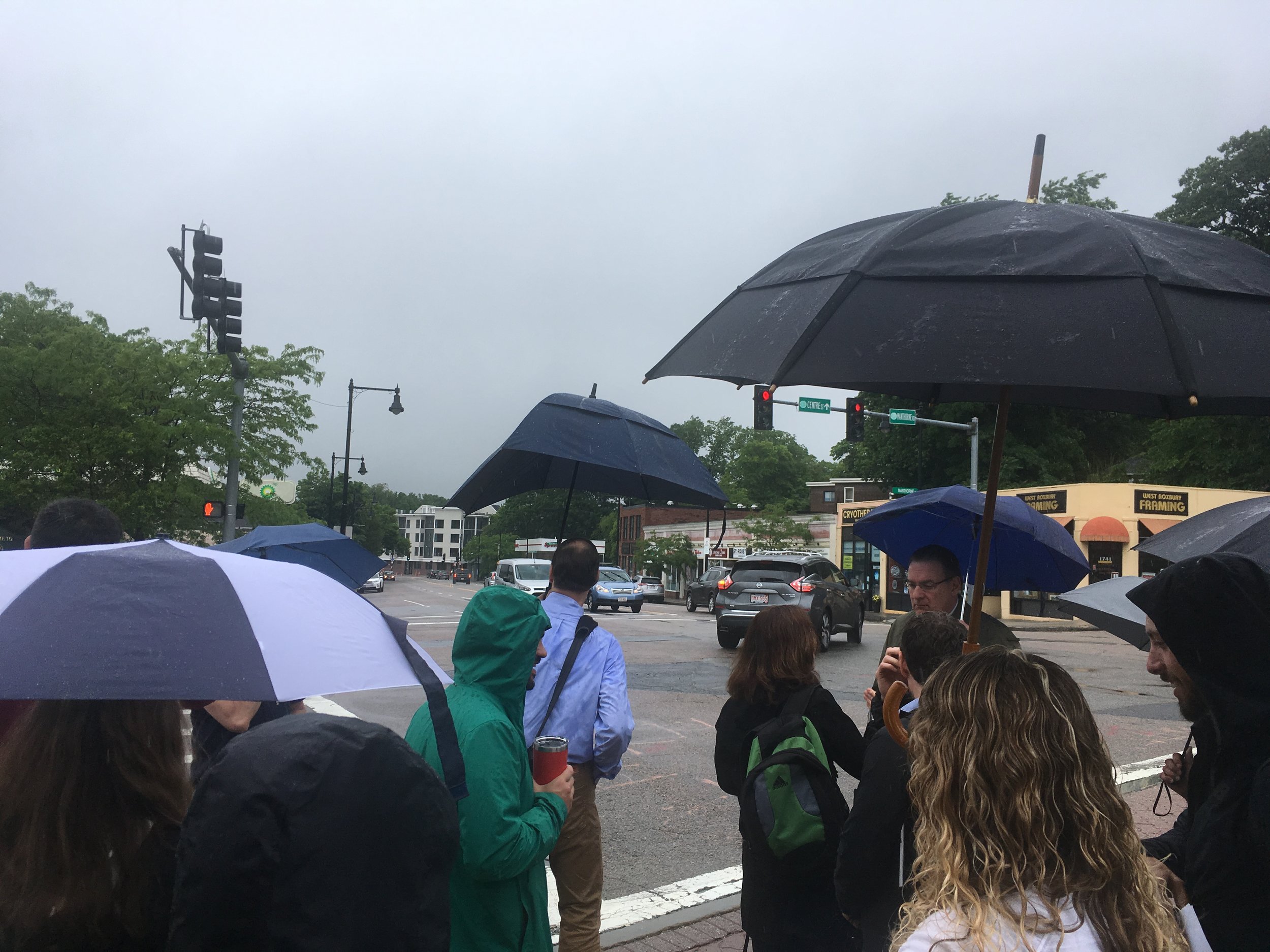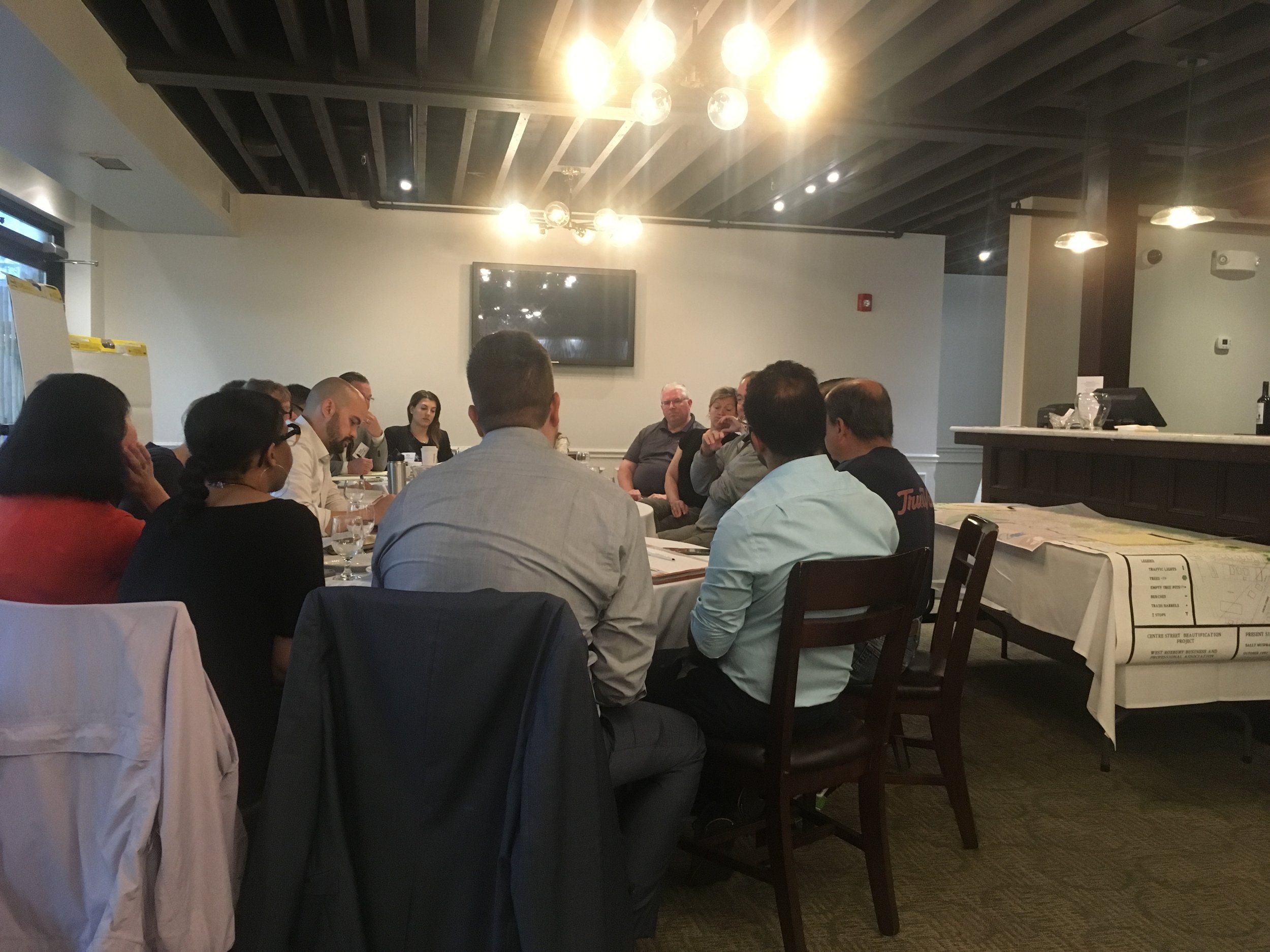After nearly a decade of political organizing across the nation and Massachusetts, I left the campaign world in 2016 to attain my Masters in Public Policy from Northeastern University. I swore I was done with electoral politics. Yet on the evening of September 4th, 2018 as I waited for our volunteers to report election night results across the 7th Congressional District, I was moments away from being part of the team that would elect Ayanna Pressley as the first woman of color to the Massachusetts Congressional delegation. And while I wasn’t sure what would come next, I knew I wanted to continue to work with Wilnelia Rivera, the strategist and movement leader behind that historic campaign. Luckily, now I get to do so.
My name is Jon Hillman, and I’m extremely fortunate to join the Rivera Consulting Inc. team as a Senior Associate Consultant focused on urban planning and social science research projects that help advance the firm’s mission to boldly and fiercely reimagine the American social contract. In my time working with Wilnelia on the Ayanna Pressley campaign, I knew I had found someone who shared my passion for never blindly accepting the status quo. As we discussed my possible role with the firm, we quickly aligned in applying this ethos to all matters of democracy, social science and urban and community planning. Like Wilnelia, I came to this research after years of progressive organizing. And we both see the necessity to instill values of just sustainability, inclusivity, and equity at a time when there is an economic, democratic, and environmental urgency for movement professionals that understand and know how to navigate the intersection of people, planning, and politics
Though only a few weeks into the job, we have hit the ground running as we begin our collaborative client engagement with the Urban Land Institute of Boston/New England (ULI). For more than 15 years, ULI Boston has been partnering with communities to advise on strategies and best practices for land use and economic development. We will be assessing ULI Boston’s Technical Assistance Program (TAP), a long-running endeavor that organizes urban design professionals who volunteer their time to partner with communities to address specific questions of community land use and urban planning. With over 40 TAPs in the last twenty years, our goal is to measure the impact of these engagements or whether intended outcomes were achieved. By employing a combination of quantitative and qualitative data to explain success, we will by necessity have to define what impact means. And in keeping with the TAP ethos and our firm’s approach, a collaborative effort is needed to design and implement an assessment tool and research overall.
We have begun a deep dive into understanding the TAP policy toolkit, and look forward to engaging with their municipal partners over the coming months. As part of the discovery phase, we recently attended a TAP in action, as volunteers studied the assets and opportunities for the Centre St. corridor in the Boston neighborhood of West Roxbury. Needless to say, I am thrilled to be a part of this team and to implement and explore data driven solutions centered on community, trust building, and improving cross sector collaboration. Stay tuned for key updates from us about our work with ULI, their stakeholders, including real estate and planning professionals, in addition to various municipalities across Massachusetts.


















